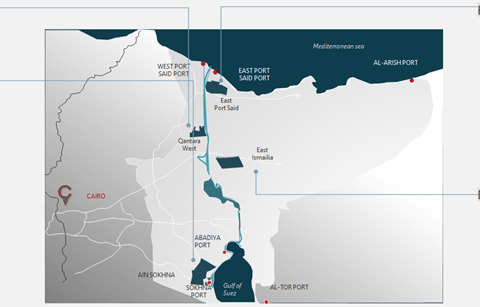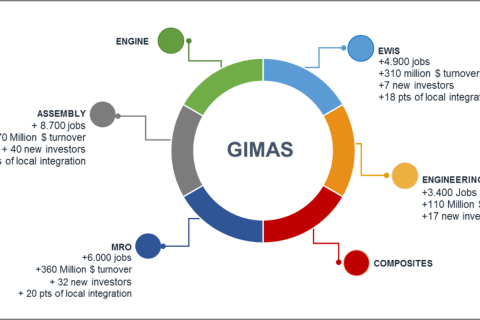South Africa holds a special place in the continent’s aeronautical history: the first African country to develop an aircraft manufacturing industry, it remains today a major player in component manufacturing, aircraft maintenance and military technologies.
- A solid industrial heritage
South African industry flourished during the 20th century, driven by civil and military needs:
-
- Denel Aeronautics: Denel, a spin-off of the former Atlas Aircraft Corporation, is the leading national aeronautics company. The company manufactures light military aircraft, helicopters (Rooivalk), drones, and integrated defense systems. Denel also designs avionics systems and radar technologies.
- Aerosud Aviation: private company specializing in the manufacturing of precision parts (fuselage elements, interior parts, structural components) for Airbus, Boeing, BAE Systems and Embraer.
- Local production of drones: the country is developing military and civilian drone solutions, particularly for border surveillance, bushfire management and precision agriculture.
- Current and future projects
- Strengthening the civil sector: South Africa is banking on an increase in civil component orders, with an increase in the range of complex parts made from light alloys and composites.
- Maintenance and Repair (MRO)Johannesburg and Cape Town host certified MRO centers for African and international airlines. South African Airways Technical and other private players are aiming to develop regional hubs.
- Advanced Civil Drone Program: ongoing partnerships to develop drones adapted to local challenges (medical logistics, agriculture, environmental monitoring).
- Infrastructure and ecosystem
South African air hubs rely on:
-
- World-class airports (OR Tambo, Cape Town, Durban), with infrastructure for the aviation industry and flight testing.
- A network of technical schools (Denel Technical Academy, technological universities) training specialized engineers and technicians.
- Transition and ambitions
The country wants to place its aeronautical industry in a dynamic of sustainability:
-
- development of components for future more fuel-efficient aircraft;
- research on biofuels and on-board electrical systems;
- integration of renewable energies into production sites.
By 2030, South Africa aims to:
-
- increase its exports of aeronautical components by 50%;
- position itself as an essential regional center for the maintenance and production of complex parts;
- strengthen technological sovereignty in drones and avionics.



